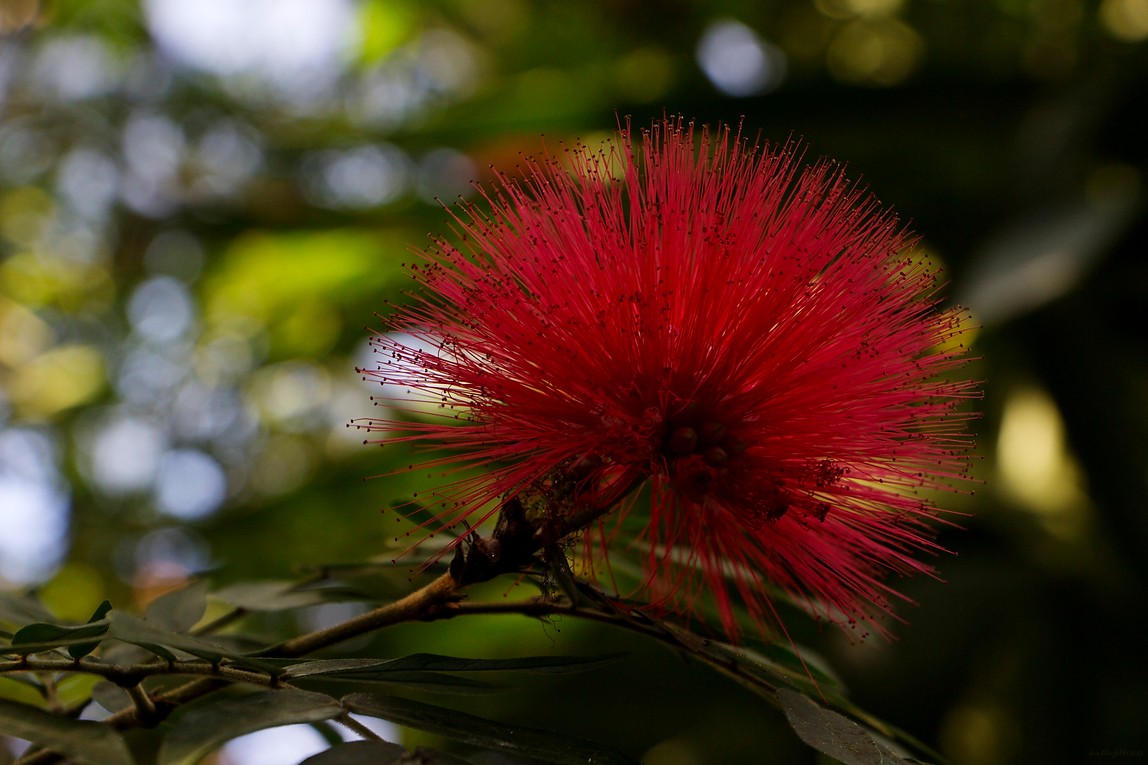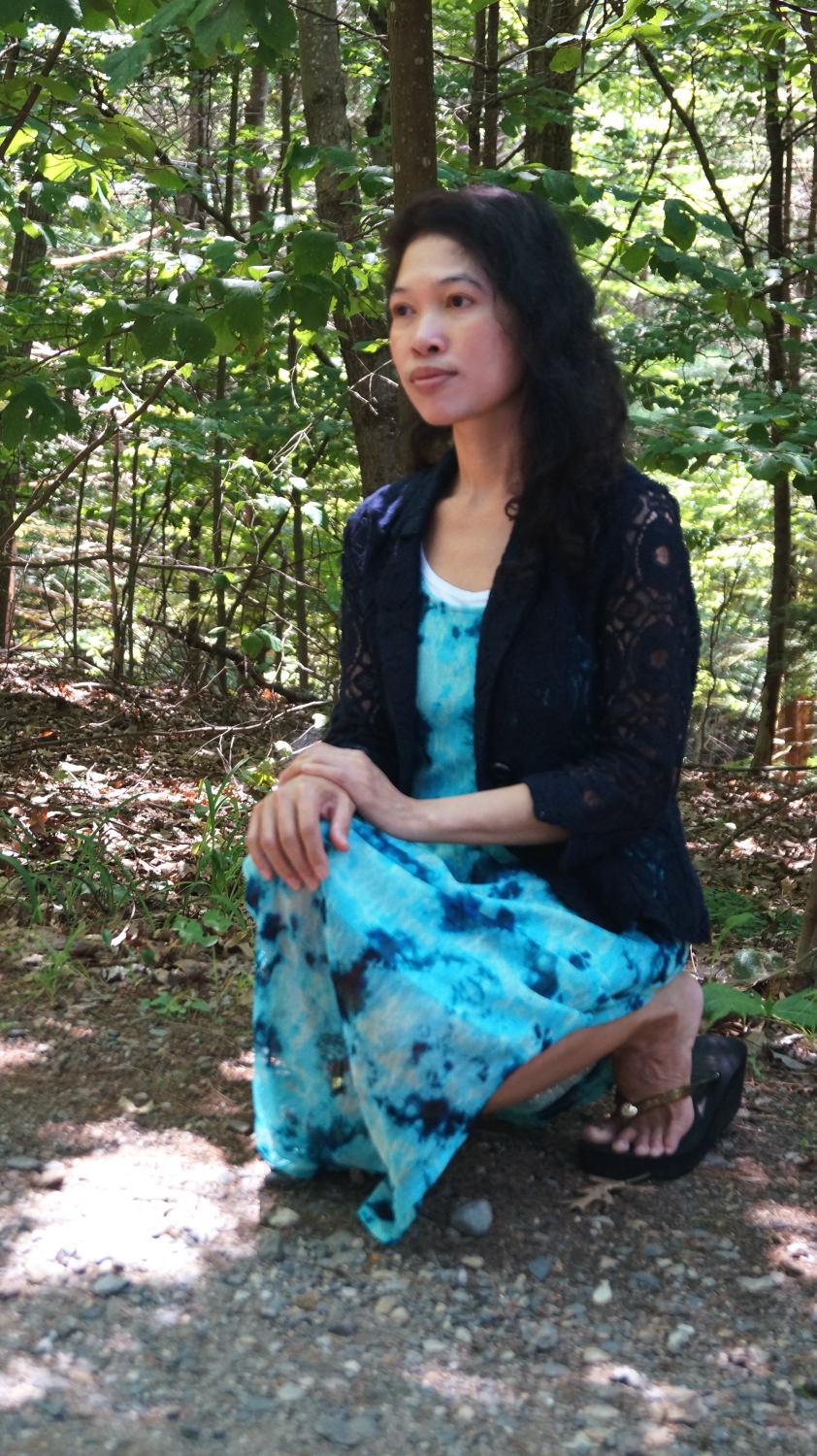-
Comment July 16, 2020
-
Kindness and patience
Comment July 16, 2020To steady and calm the mind takes kindness and patience. Training the mind in meditation is like training a puppy. We put the puppy down and say, “Sit. Stay.” What does it do? It gets up and runs around. “Stay.” It runs around again. Twenty times, “Stay.” After a while, slowly, the puppy settles down. — Jack Kornfield
-
A trained mind
Comment July 16, 2020Who is your enemy? Mind is your enemy. No one can harm you more than a mind untrained. Who is your friend? Mind is your friend. Nothing can help you more than a trained mind, not even your loving parents. —Buddha
Jack Kornfield
What do we see when we look at our mind? Constant change. The untrained mind spins out thoughts, emotions, images, stories, likes, dislikes, plans, regrets and reactions to it all. There is ceaseless movement, filled with words, ideas, and memories. Clearly seeing this stream of inner dialogue is one of the first insights in meditation practice. It is called “seeing the waterfall,” experiencing the evanescent nature of mind. Mind’s constant changes are like the weather; today it rains, tonight it may snow, earlier the sun was out. It is muddy in the spring, and then the summer heat appears. In the fall the winds arise and the leaves go; in winter the ice forms. We’re like that; we’re part of nature.
Mindfulness meditation isn’t directed to creating and holding some special state; it’s learning to steady our attention on the present moment, finding a wise and compassionate relationship to this organic change of body and heart and mind that we are. We can then embody this loving awareness in every season.
For the mind to become steady, settled in the present moment in the midst of so much change, it is helpful to develop a degree of stability; that is called concentration. Concentration is the art of calming and steadying our attention, like a candle flame in a windless place. One way we can practice this is with attention to our breath, or with a body scan. As we gently train ourselves to become mindful of breath and body, we can see more clearly, and become more balanced and more deeply present. We experience a unity of our body, spirit, and mind. To live this way is wonderful. Continue reading
-
Every walk with nature
2 July 13, 2020 -
Soul blossoming
Comment July 13, 2020 -
Nature speaks, land speaks
Comment July 13, 2020 -
Kindness is extended to all
Comment July 13, 2020One who is kind is sympathetic and gentle with others. He is considerate of others’ feelings and courteous in his behavior. He has a helpful nature. Kindness pardons others’ weaknesses and faults. Kindness is extended to all — to the aged and the young, to animals, to those low of station as well as the high. ~Ezra Taft Benson
-
Human kindness
Comment July 13, 2020 -
Examine your own mind every day
Comment July 11, 2020“To become your own psychologist,” says Lama Yeshe, “you don’t have to learn some big philosophy. All you have to do is examine your own mind every day. You already examine material things every day—every morning you check out the food in your refrigerator. Why not check out the state of your own mind? Investigating your own mind is much more important!” ~ Jack Kornfield
-
Kind attention mindfulness
Comment July 11, 2020When you bring the kind attention mindfulness to your inner states it will open up new possibilities. Seeing clearly the varied states of mind you will then have a choice. With practice, you can acknowledge the difficult states with compassion and then incline your mind toward positive qualities like loving-kindness and peace. In the midst of any circumstance you can invite courage and goodwill toward yourself and the world around you to return. ~Jack Kornfield












